Учебное пособие по английскому языку Владимир 2010
| Вид материала | Учебное пособие |
- Учебное пособие по английскому языку для студентов экономистов. Автор-составитель Большакова, 15.76kb.
- Экзаменационные материалы по английскому языку 8 класс 2010 переводной экзамен по английскому, 105.15kb.
- Пособие является основной частью учебно-методического комплекса, предназначенного для, 1543.62kb.
- Подготовки к егэ по английскому языку, 321.2kb.
- Рабочие учебные программы по английскому языку для специальностей 060101 − «Лечебное, 2534.02kb.
- Внеклассное мероприятие по английскому языку «Easter is coming», 228.34kb.
- Рабочая программа по английскому языку Основное общее образование, 237.56kb.
- Программа элективного курса по английскому языку «Подготовка к егэ по английскому языку:, 241.24kb.
- Программа вступительного экзамена по английскому языку (устно), 20.4kb.
- Учебно-методическое пособие по английскому языку для подготовки студентов к интернет-тестированию, 1322.03kb.
Grammar Exercises
1. Read and write the following cardinal numerals.
a) 3; 13; 30; 4; 14; 40; 5; 15; 50; 2; 12; 20; 8; 18; 80.
b) 21; 82; 35; 44; 33; 55; 96; 67; 79; 41; 53; 22.
- 143; 258; 414; 331; 972; 205; 101: 557; 999; 313.
- 1,582; 7,111; 3,013; 5,612; 2,003; 9,444; 4040.
- 15,500; 57,837; 45,971; 92,017; 65,331; 11,443.
- 235,142; 978,218; 106,008; 321,103; 627,344; 552,331.
g) 1,352,846; 4,125,963; 35,756,394; 257.382,761.
2. Form, read and write ordinal numerals from the following.
a) 7; 4; 8; 9; 5; 12; 3; 2; 1; 13; 15; 11; 10.
- 20; 21; 30; 32; 40; 43; 50; 54; 60; 75; 80; 98.
- 100; 120; 125; 200; 230; 231; 300; 450; 563; 892.
3. Read and write the following dates.
16/VI.1799; 5/VII.1914; 22/VI.I941; 9/V.1945; 23/II.1928; 12/IV.1961; 27/X.1977; 30/XI.1982; 19/VIII.1991; 1/I.2000.
4. Answer the following questions.
1. How much is 17 plus 19? 2. How much is 25 plus 3. How much is 120 plus 205? 4. How much is 13 minus 5. How much is 200 minus 45? 6. How much is 7 multiplied by 8? 7. How much is 42 divided by 6?
5. Read and write out in words the following common and decimal fractions.
-
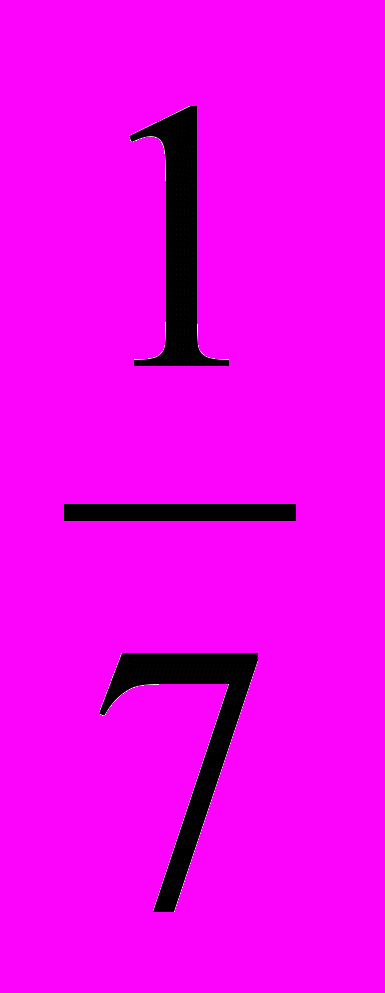 ;
; 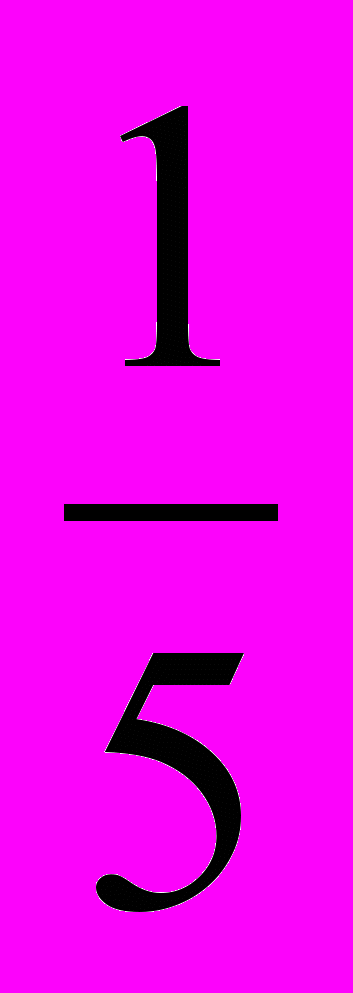 ;
; 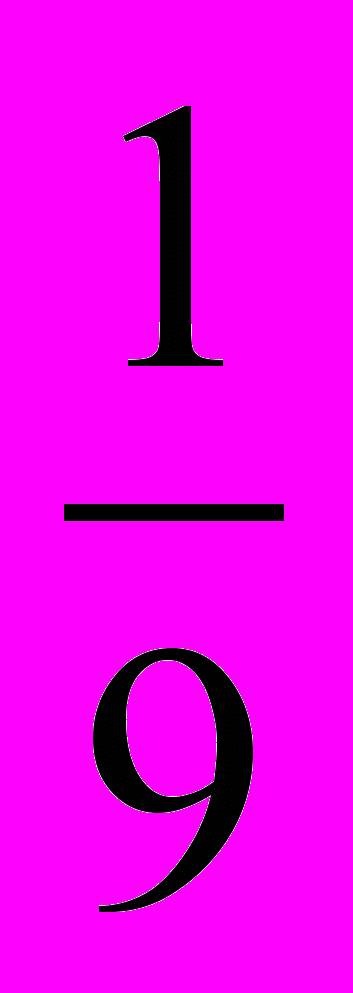 ;
; 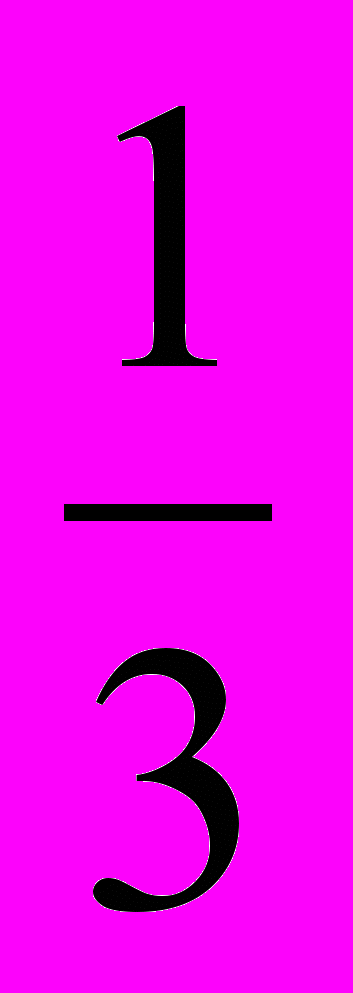 ;
; 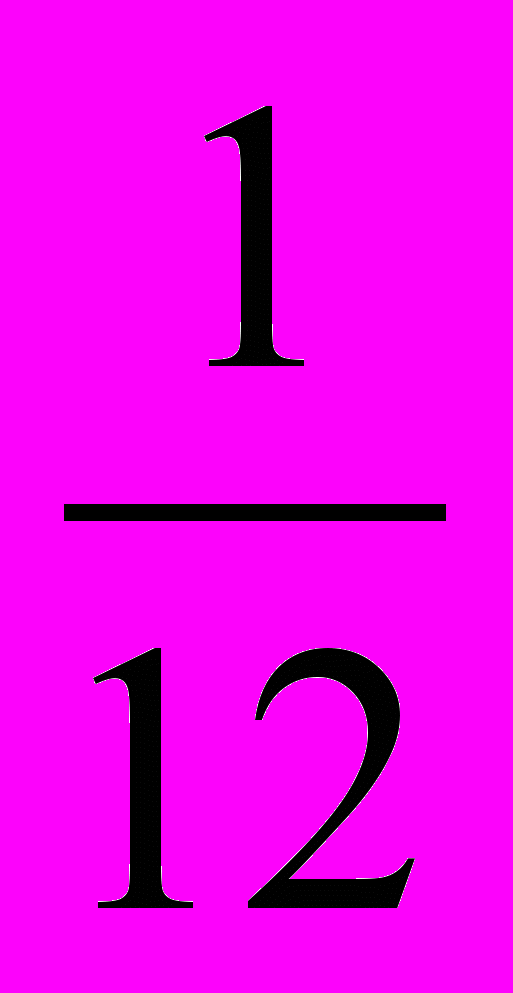 ;
; 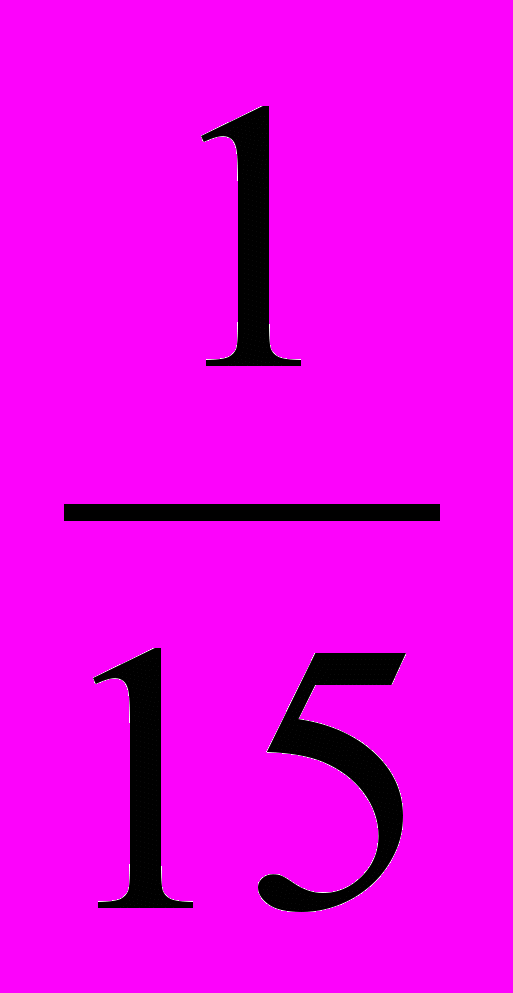 ;
;  ;
; 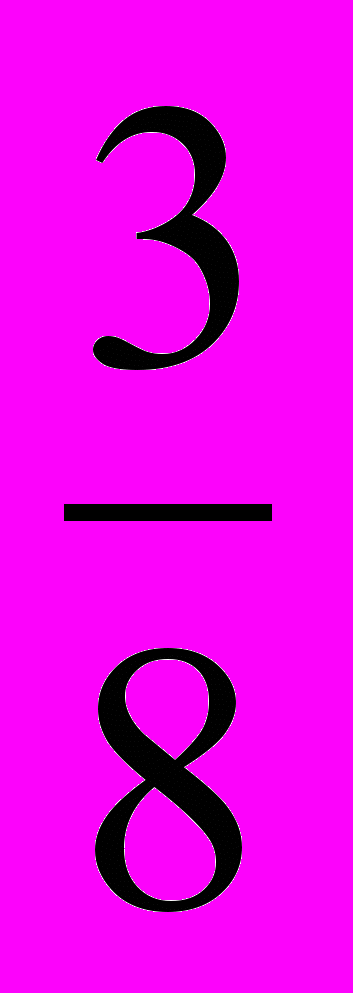 ;
;  ;
; 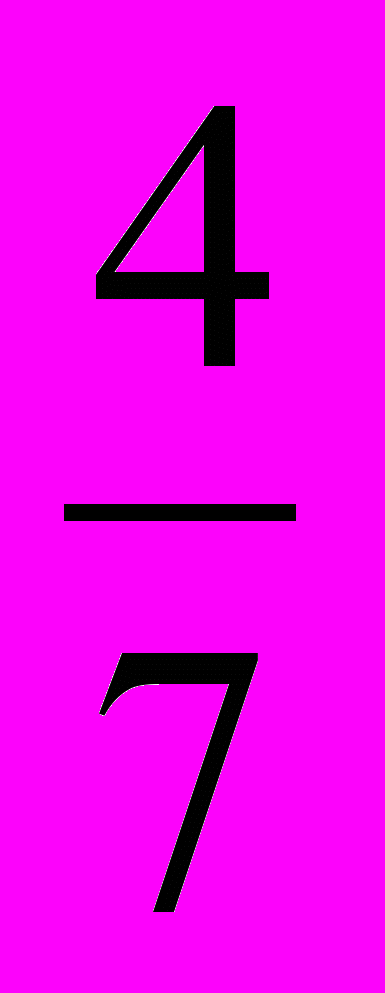 ;
; 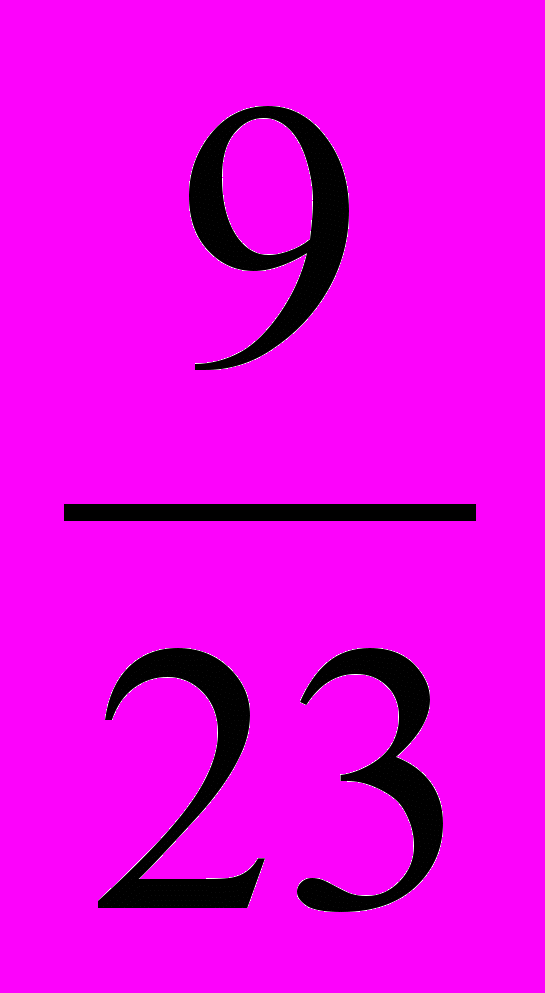 ;
;  ;
;  ;
;  ;
;  ;
;  ;
; 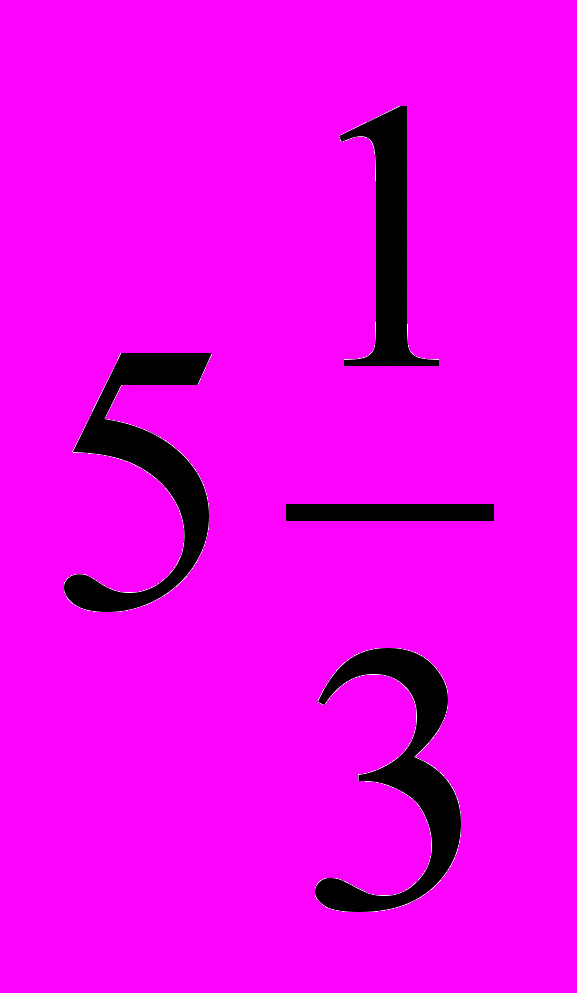 ;
; 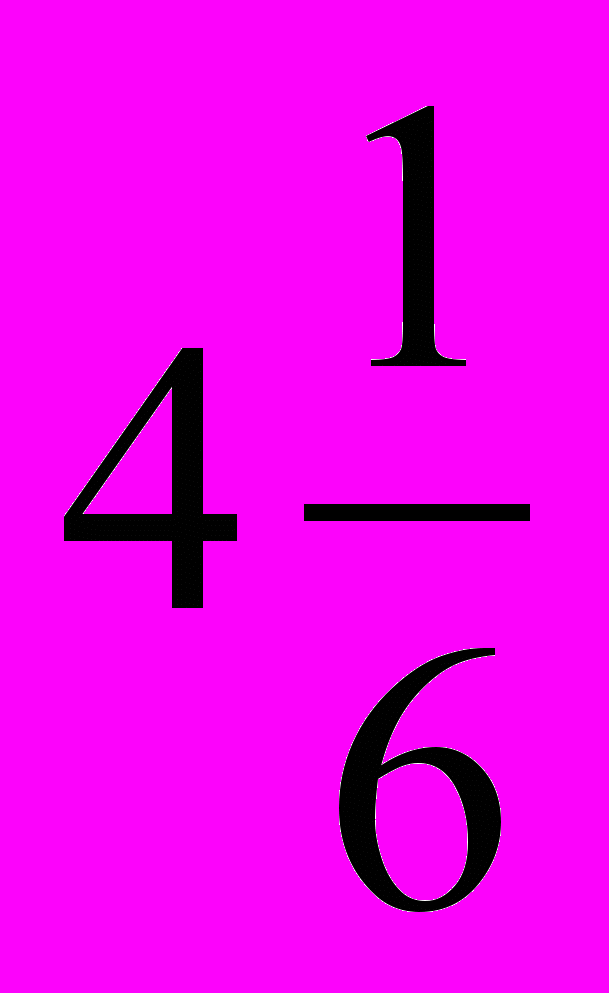 .
.
- 3.5; 2.34; 12.3; 52.51; 0.1; 0,25; 0,302; 132.054;5.37; 6.4.
6. Use in the sentences given below either the cardinal or ordinal numeral of the numbers in brackets. Use the given patterns.
Pattern: 1. There are (5) roses in the vase. – There are five roses in the vase.
2. It was his (2) visit to the doctor. – It was his second visit to the doctor.
1. There are (10) students in his group. 2. It’s (5) o'clock already. 3. It is (7) of December today. 4. Read text (2). 6. Find (3) sentence, 6. She is (21) today. 7. It is their (15) wedding anniversary. 8. (2) years passed quickly. 9. – Will you have (2) cup of tea? – No more, thank you. 10. You are like (2) family for me. 11. (2) is a company, and (3) is a crowd. 12. (3) years later (4) child was born to him. 13. Find file (4) and take it to (14) room. 14. They got flat (6) on (3) floor in house (40). 15. My birthday is on (20) of July.
7. Translate the sentences into English.
1. Мой дом – третий справа. 2. Упражнение десять – на тринадцатой странице. 3. Предложение шесть неверно, а вот седьмое правильно. 4. Мне не понравилась первая серия фильма, вторая – гораздо лучше. 5. Четверка – это хорошая оценка. 6. Прошел месяц, затем второй, потом третий, а вестей все не было. 7. День рождения моего папы – 8 Марта. А ваш? 8. Третий лишний. 9. Комната тридцать находится на третьем этаже. 10. Встреча состоится в два часа на втором этаже в комнате номер три.
Unit 6. Глаголы to be и to have, оборот there + to be
ГЛАГОЛ TО BE
Глагол to be в Present, Past и Future Indefinite имеет следующие формы:
| Present Indefinite | Past Indefinite | Future Indefinite | ||||||
| I he she it | a  m mis | (есть) | I he she it |  was | был | I he she it | s  hall/will be hall/will bewill be | буду будет |
| была было | ||||||||
| we you they |  are | we you they |  were | были | we you they | s  hall/will be hall/will bewill be | будем будете будут | |
 В вопросительном предложении глагол to be ставится перед подлежащим.
В вопросительном предложении глагол to be ставится перед подлежащим. Например:
| Was he in Africa last year? Where were you yesterday? | Он был в Африке в прошлом году? Где вы были вчера? |
Отрицательная форма глагола to be в Present и Past Indefinite образуется без вспомогательного глагола; отрицание not следует непосредственно за глаголом to be. Например:
| The Institute isn't far from the metro station. | Институт находится недалеко от станции метро. |
Функции глагола to be
- Перед обстоятельством, обычно выраженным наречием или существительным с предшествующим предлогом, выступает в роли смыслового глагола со значением быть, находиться:
His books were in the bag.
Его книги были в портфеле.
- В сочетании с Participle П смыслового глагола употребляется для образования всех времен страдательного залога (Passive Voice):
The work was finished in time.
Работу закончили вовремя.
- В сочетании с Participle I смыслового глагола употребляется для образования глагольных времен Continuous и Perfect Continuous:
They are still waiting for him.
Они все еще ждут его.
They have been waiting for him since breakfast.
Они ждут его с завтрака.
- В сочетании с инфинитивом другого глагола с частицей to имеет модальное значение долженствования и указывает, что действие должно
иметь место в соответствии с намеченным планом:
| The teacher is to come at five. | Преподаватель должен прийти в 5 часов. |
ГЛАГОЛ TO HAVE
Глагол to have в Present, Past и Future Indefinite имеет следующие формы:
| Present Indefinite | Past Indefinite | Future Indefinite | |||||||||
| I we you they | h  ave ave | у меня у нас у вас у них | е  сть сть | I we you they | h  ad ad | у  меня меняу нас у вас у них | был | I we | s  hall/will have hall/will have | у  меня меняу нас | будет |
| you they he she it | w  ill have ill have | у вас у них у него у неё | |||||||||
| he she it | h  as as | у него у неё | he she it | у него у неё | |||||||
Вопросительная форма глагола to have может быть образована двумя способами:
1) Путем постановки глагола to have перед подлежащим. Например:
| Had you a lecture on philosophy yesterday? | У вас вчера была лекция по философии? |
2) С помощью глагола to do. Например:
| Did you have a lecture on philosophy yesterday? | У вас вчера была лекция по философии? |
Отрицательная форма глагола to have может строиться двумя способами:
1) При помощи отрицательного местоимения no (или отрицательной группы not any) перед существительным. Например:
They have no car. У них нет машины.
I have not any саг. У меня нет машины.
2) Обычным способом образования отрицательной формы глагола, т.е. при помощи вспомогательного глагола to do. Например:
| I did not have much work to do yesterday. | Вчера у меня было немного работы. |
В разговорной речи вместо to have очень часто употребляется have, has got ('ve/'s got):
| I've got a good car. Have you got an English dictionary? I haven't got an English dictionary. | У меня хорошая машина. У вас есть английский словарь? У меня нет английского словаря. |
Функции глагола to have
- Перед существительным выступает в роли смыслового глагола со значением иметь, обладать (часто с got):
They have (got) a house in the country.
У них дом (они имеют дом) за городом.
- В сочетании с Participle II смыслового глагола употребляется для образования глагольных времен группы Perfect:
We have introduced a new system of work.
Мы ввели новую систему работы.
- В сочетании с инфинитивом другого глагола с частицей to имеет модальное значение долженствования (часто переводится как «приходится, пришлось и т.п.»):
| I have to buy another newspaper. | Я должен (мне придётся) купить ещё одну газету. |
ОБОРОТ THERE + TO BE
Оборот there + to be имеет значение есть, находится, имеется, существует. Глагол to be ставится в личной форме (is, are, was, were, will be) и согласуется с последующим именем существительным. Перевод таких предложений надо начинать с обстоятельства места или со сказуемого, если обстоятельство отсутствует.
|
|
В вопросительном предложении глагол в личной форме ставится на первое место перед there:
| Is there a school in your street? Ответ: Yes, there is. No, there is not. | На вашей улице есть школа? Да, есть. Нет. |
1 Общий вопрос:
Is there anything in the box?
- Специальный вопрос:
What is there in the box?
- Разделительный вопрос:
There are some people in the room, aren't there?
C исчисляемыми существительными в единственном числе используется неопределенный артикль; с неисчисляемыми существительными и с исчисляемыми существительными во множественном числе могут использоваться местоимения some (в утвердительных) и any (в вопросительных и отрицательных предложениях).
Выбор формы глагола to be зависит от числа следующего непосредственно за ним существительного:
There is a chair and two armchairs in the room.
There are two armchairs and a chair in the room.
В полном отрицательном предложении после оборота there + to be ставится отрицательное местоимение no:
| There will be no lecture on physics tomorrow. | Завтра лекции по физике не будет. |
Перед many, much, any и числительными ставится not вместо no:
Grammar Exercises
1. Put the sentences into the future and past tense changing the verb to be and using suitable adverbial modifiers of time: yesterday, tomorrow, next week, last month, next year, at 5 o’clock, etc.
- Victor is free in the evening.
- John is in America.
- I am very busy.
- She is at the lecture.
- The child is 10 years old.
- This work is interesting.
- The expedition is in Africa.
- The new film is long.
- My mother is at home.
- The workers are at the factory.
- The students are at the Institute.
2. Give the short answers to the questions below according to the pattern.
Pattern: Is Kovalev present at the lesson? –Yes, he is. (No, he is not.)
- Was it cold last winter?
- Are your friend's sisters beautiful?
- Is it hot today?
- Is it Sunday today?
- Is the clock on the wall?
- Are you twenty years old?
- Will you be at home in the evening?
- Are the trees green now?
- Is your house in the centre of the city?
- Will your mother be at home at five o'clock?
- Were you free yesterday?
- Is his answer good?
- Will you be in town on Sunday?
- Is mathematics difficult for you?
- Are your summer plans interesting?
3. Explain the use of the verb to be in the sentences below and translate them into Russian.
1. They were at home last night. 2. He is a well known scientist. 3. They are to leave Moscow to-night. 4. The children were walking down the street. 5. She is an experienced teacher. 6. The letter will be posted at once. 7. He is in Kiev now. 8. We were to part that day. 9. The letter was written by the secretary. 10. They were to have arrived at seven o'clock. 11. The purpose of his visit was to negotiate for the purchase of timber.
4. Translate into English.
1. Ее нет здесь сейчас, она дома. 2. Его не было дома вчера вечером. 3. Он один из лучших врачей нашей больницы. 4. Его задача заключается в том, чтобы собрать материал по этому вопросу к 1 июня. 5. Он находится сейчас в Крыму. 6. Она будет там в пять часов. 7. Пароход должен придти в 6 часов вечера. 8. Его брат инженер. 9. Я должен был встретиться с ним в 8 часов вечера. 10. Он будет рад вас видеть.
5. Explain the use of the verb to have in the sentences below and translate them into Russian.
1. She has come home. 2. He has a large family. 3. We have to leave home early, in the morning. 4. He had the letter typed. 5. He has dinner at home. 6. They had to complete their work on Monday. 7. We shall have plenty of fruit in the autumn. 8. He will have read the story by ten o'clock. 9. They will have the book you need in 5 days.
6. Translate into English.
1. У меня нет ее адреса. 2. У меня был вчера очень интересный разговор с профессором Д. 3. У него есть очень интересные книги по радио. 4. Я должен буду пойти туда еще раз. 5. У нас завтра будет собрание. 6. Я должен вставать теперь очень рано. 7. Вы вчера обедали в ресторане? 8. Есть ли у вас красный карандаш? 9. У меня не было времени навестить его вчера. 10. Нужно ли вам идти в библиотеку сегодня?
6. Put the sentences into the future and past tense changing the verb to have and using suitable adverbial modifiers of time: yesterday, tomorrow, next week, last month, next year, at 5 o’clock, etc.
- They have a big house in the country.
- My friend has many interesting books.
- His mother has a nice garden.
- She has a good map of London.
- We have a good dog.
- I have a beautiful picture.
- These students have five examinations.
- His parents have a comfortable flat.
- John had good work.
- These pupils have four lessons every day.
7. Put the sentences into the future and past tense changing the verb to be.
- There are twelve students in our group.
- There is a beautiful garden near the house.
- There is a big blackboard in the classroom.
- There is a letter for him on the table.
- There are two lifts in the house.
- There is a new stadium in the town.
- There is a table in the middle of the room.
- There is a hospital in the village.
- Are there many sentences in this exercise?
- Is there much work to do at home?
- There are no pictures in the book.
8. Paraphrase according to the pattern using suitable forms of the verb to have.
Pattern: There are no books in his bag. – He has no books in his bag.
- There is no TV-set in his room.
- There are no mistakes in his dictation.
- There is no garden near his house.
- There are no pictures in her room.
- There are no French books in her library.
- There is no English newspaper on her table.
- There is no coffee in my cup.
- There is no telephone in my flat.
- There are no maps on the walls of our classroom.
- There is no sugar in Peter's tea
9. Put general and special questions to the sentences below using any where it is necessary.
1. There is a tea-pot on the table. 2. There are some flowers in the vase. 3. There are some English books on the shelf. 4. There is somebody in the garden. 5. There is a lot of milk in the jug. 6. There are some mistakes in your test. 7. There is some ink in your pen. 8. There are some pictures on the wall of the room. 9. There is some coffee in the cup. 10. There are six continents in the world. 11. There are a lot of flowers in the garden. 12. There is something in the box. 13. There are some new words in the text. 14. There is a lot of snow in the forest.
10. Translate into English using there is /there are; pronouns any, some, no and words formed from them
1. В вашей семье есть дети? 2. На улице много народу. 3. В кувшине нет молока. 4. За вашим домом есть сад? 5. За вашим садом есть площадь, не так ли? 6. В вашем городе есть парки? 7. У вас есть вопросы? 8. На столе около окна стоят часы. 9. На полке мои книги и тетради. 10. В моем столе ничего нет. 11. В этом журнале есть что-нибудь интересное? 12. Что там на столе? Там стоит чашка и три стакана. 13. Есть кто-нибудь в соседней комнате? 14. На столе есть соль, но мало. 15. Времени нет.
Unit 7. Глагол. The Indefinite Tenses
The Present Indefinite (Simple) Tense
The Present Simple широко используется в устной речи и употребляется:
1) для выражения обычных, регулярных, повторяющихся или постоянных действий в настоящем времени, факта:
The sun rises every morning. / Penguins live in the Antarctica.
часто употребляются обстоятельства времени, выражающие частоту и повторность действия (always, often, usually, regularly, every day etc.) или редкую повторяемость и её отсутствие (never, seldom, sometimes etc.)
We often go to the movies on Sundays.
My friend sometimes lends me his book.
2) для выражения мыслей и чувств: I think so, I like it. Во фразах типа: I promise, I agree, etc. I promise I'll pay you back.
3)для выражения заранее намеченных действий в ближайшем будущем, по расписанию, программе (главным образом с глаголами to leave, to start,to come, to return,to go, to arrive и т.д.)
What time does your train leave tomorrow?
The match starts at half past seven.
The new supermarket opens this Friday.
В утвердительных предложениях используется глагол в форме инфинитива без частицы to. Если подлежащее 3 лица единственного числа (he, she, it), то к форме глагола-сказуемого присоединяется окончание -es/s.
| I /we /you / they drive/ work/ do |
| He /she /it drives/ works/ does |
Мы используем вспомогательный глагол do/does в вопросительных и отрицательных предложениях.
| Do Does | I /we / you / they He /she /it | work? drive? do? | I /we / you / they | don’t | work. drive do. |
| He /she /it | doesn’t |
